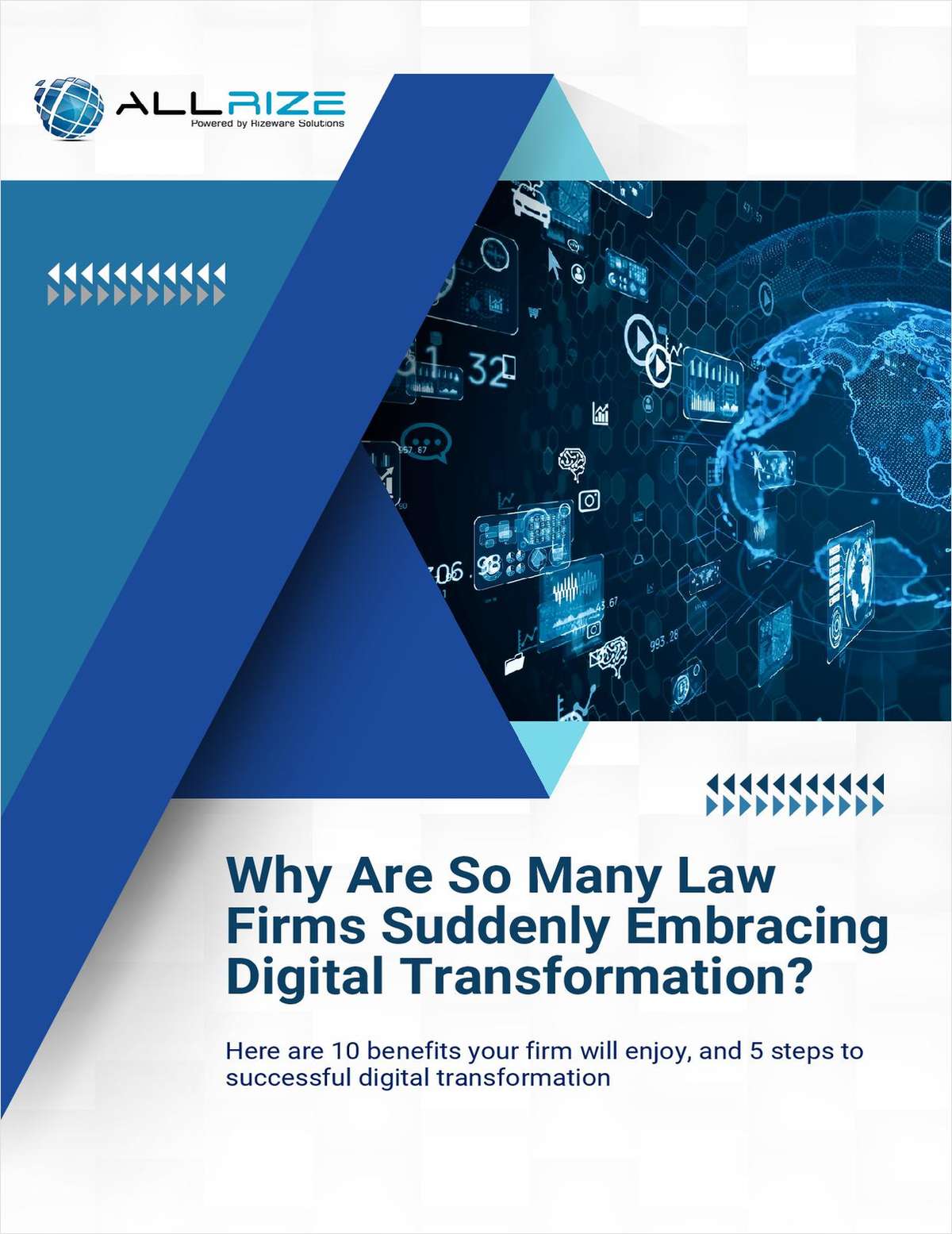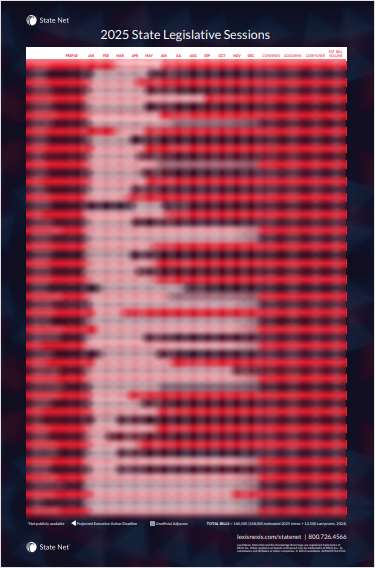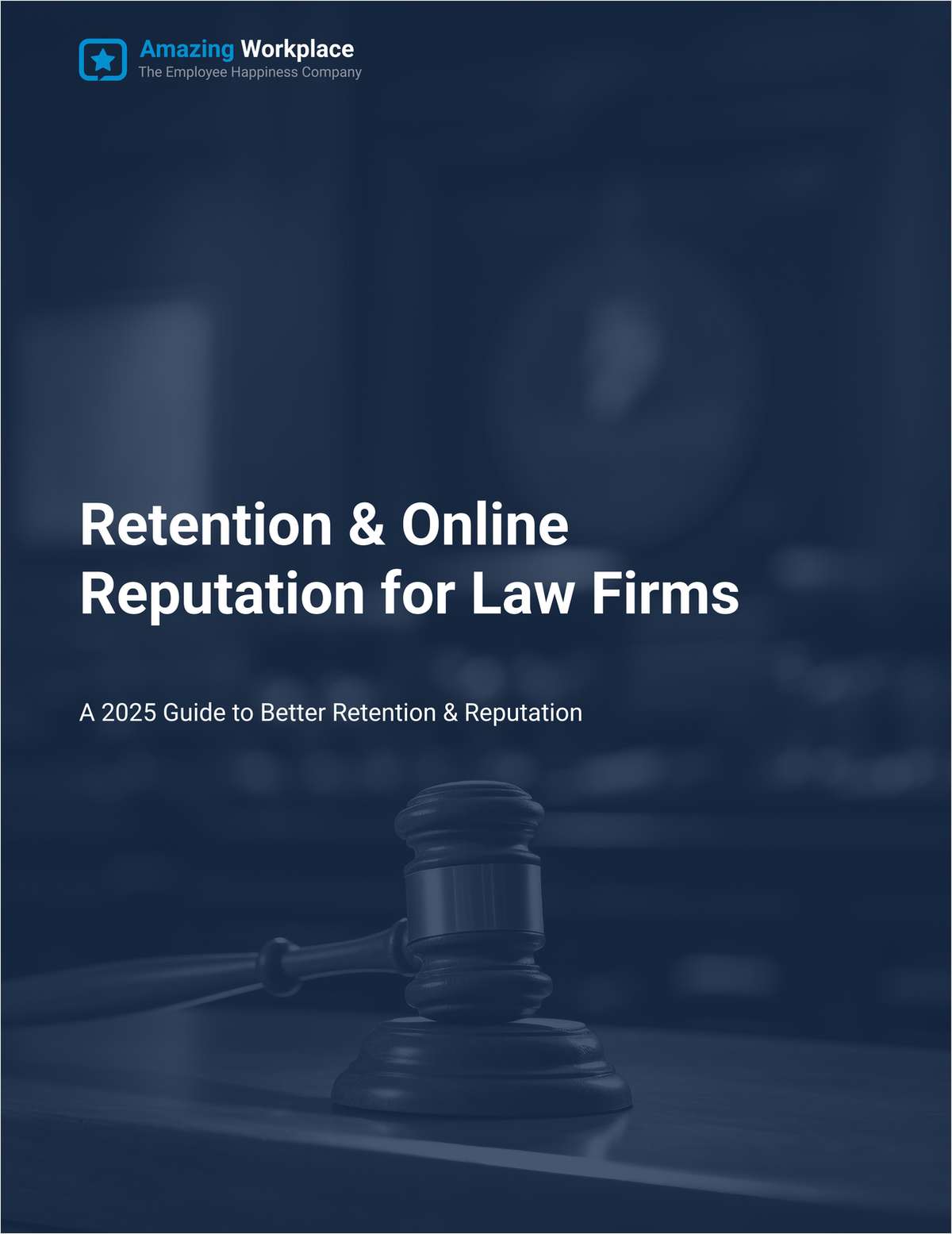Federal Crackdown on Hoarding and Gouging During COVID-19 Crisis
Storage and Hauling Companies Take Note Imagine that it's Spring 2020 and you run a warehousing company and you discover that your warehouse contains containers of goods that could help combat the spread of the COVID-19 virus — masks, medical gowns, gloves or other personal protective equipment (PPE). Or imagine you own a trucking company and learn that your drivers are delivering pallets of hand sanitizer and disinfectants to a residential address. What, if any, liability might you have if it turns out a customer is hoarding PPE?
May 04, 2020 at 03:38 PM
8 minute read
This article appeared in Business Crimes Bulletin, an ALM/Law Journal Newsletters publication that features the news and analysis you need to stay on top of the fast-changing, multi-faceted world of financial and white-collar crime.
Imagine that it's Spring 2020 and you run a warehousing company, in which it is common for your customers to store container-loads of goods in both the short-term (while awaiting a move to the container's next destination) and long-term (perhaps while the entity holding title to the goods in the container finds a buyer). Now imagine you discover that your warehouse contains containers of goods that could help combat the spread of the COVID-19 virus — masks, medical gowns, gloves or other personal protective equipment (PPE).
Or imagine this slightly different scenario: You own a trucking company and learn that your drivers are delivering pallets of hand sanitizer and disinfectants to a residential address. Perhaps they have delivered several pallets in a single delivery, or they are repeatedly bringing goods to the same place.
This content has been archived. It is available through our partners, LexisNexis® and Bloomberg Law.
To view this content, please continue to their sites.
Not a Lexis Subscriber?
Subscribe Now
Not a Bloomberg Law Subscriber?
Subscribe Now
NOT FOR REPRINT
© 2024 ALM Global, LLC, All Rights Reserved. Request academic re-use from www.copyright.com. All other uses, submit a request to [email protected]. For more information visit Asset & Logo Licensing.
Law Firms Mentioned
Trending Stories
- 1'I'm Staying Everything': Texas Bankruptcy Judge Halts Talc Trials Against J&J
- 2What We Know About the Kentucky Judge Killed in His Chambers
- 3Judge Blasts Authors' Lawyers in Key AI Suit, Says Case Doomed Without Upgraded Team
- 4Federal Judge Won't Stop Title IX Investigation Into Former GMU Law Professor
- 5Ex-Prosecutor and Judge Fatally Shot During Attempted Arrest on Federal Corruption Charges
Who Got The Work
Charles A. Weiss of Holland & Knight has entered an appearance for Rafael Badalov in a pending trademark infringement lawsuit. The suit, filed July 26 in New York Eastern District Court by Lee Law on behalf of Otter Products LLC, accuses the defendant of selling counterfeit phone cases and accessories bearing the plaintiff's 'OtterBox' trademark. The case, assigned to U.S. District Judge Nina R. Morrison, is 1:24-cv-05214, Otter Products, LLC v. Badalov et al.
Who Got The Work
Gibson, Dunn & Crutcher partners Benjamin Hershkowitz, Richard W. Mark and Casey J. McCracken and R. Scott Johnson, Thomas M. Patton and Cara S. Donels have entered appearances for Berkshire Hathaway Energy Co. and MidAmerican Energy Co., respectively, in a pending patent infringement lawsuit. The case, filed July 17 in Iowa Southern District Court by Nyemaster Goode PC and Caldwell Cassady & Curry on behalf of Midwest Energy Emissions Corp., asserts six patents related to sorbents for the oxidation and removal of mercury. The case, assigned to U.S. District Judge Stephen H. Locher, is 4:24-cv-00243, Midwest Energy Emissions Corp. v. Berkshire Hathaway Energy Company et al.
Who Got The Work
Michael J. Hickey and Michael L. Jente of Lewis Rice LLC have stepped in to represent Tidal Wave Management in a pending trademark infringement lawsuit. The case, filed July 18 in Missouri Western District Court by Husch Blackwell on behalf of Waterway Gas & Wash Co., accuses the defendant of using a mark that's confusingly similar to the plaintiff's 'Clean Car Club' mark. The case, assigned to U.S. District Judge Fernando J. Gaitan Jr., is 4:24-cv-00471, Waterway Gas & Wash Company v. Tidal Wave Management LLC.
Who Got The Work
Wachtell, Lipton, Rosen & Katz partners Lauren M. Kofke and William Savitt have stepped in to represent CVS Health and and its top officials in a pending shareholder derivative lawsuit. The complaint, filed Aug. 30 in New York Southern District Court by the Brown Law Firm on behalf of Chaya Sara Kaufmann, accuses the defendants of failing to disclose that they used misleading forecasts to set premium plans which overstated the profitability of the company's health care benefits segment. The case, assigned to U.S. District Judge Margaret M. Garnett, is 1:24-cv-06595, Kaufmann v. Lynch et al.
Who Got The Work
Robert L. Wallan from Pillsbury Winthrop Shaw Pittman has entered an appearance for Findlay Management Group in a pending complaint for declaratory judgment. The complaint, filed on Aug. 8 in Nevada District Court by Gordon Rees Scully Mansukhani and Skarzynski Marick & Black on behalf of Houston Casualty Co., seeks to declare that no insurance policy exists between Houston Casualty and Findlay due to there not being an adequate form of delivery and claims that if delivery was substantiated it is rescinded based on material omissions and misrepresentations. The case, assigned to U.S. District Judge Gloria M. Navarro, is 2:24-cv-01459, Houston Casualty Company v. Findlay Management Group.
Featured Firms
Law Offices of Gary Martin Hays & Associates, P.C.
(470) 294-1674
Law Offices of Mark E. Salomone
(857) 444-6468
Smith & Hassler
(713) 739-1250








